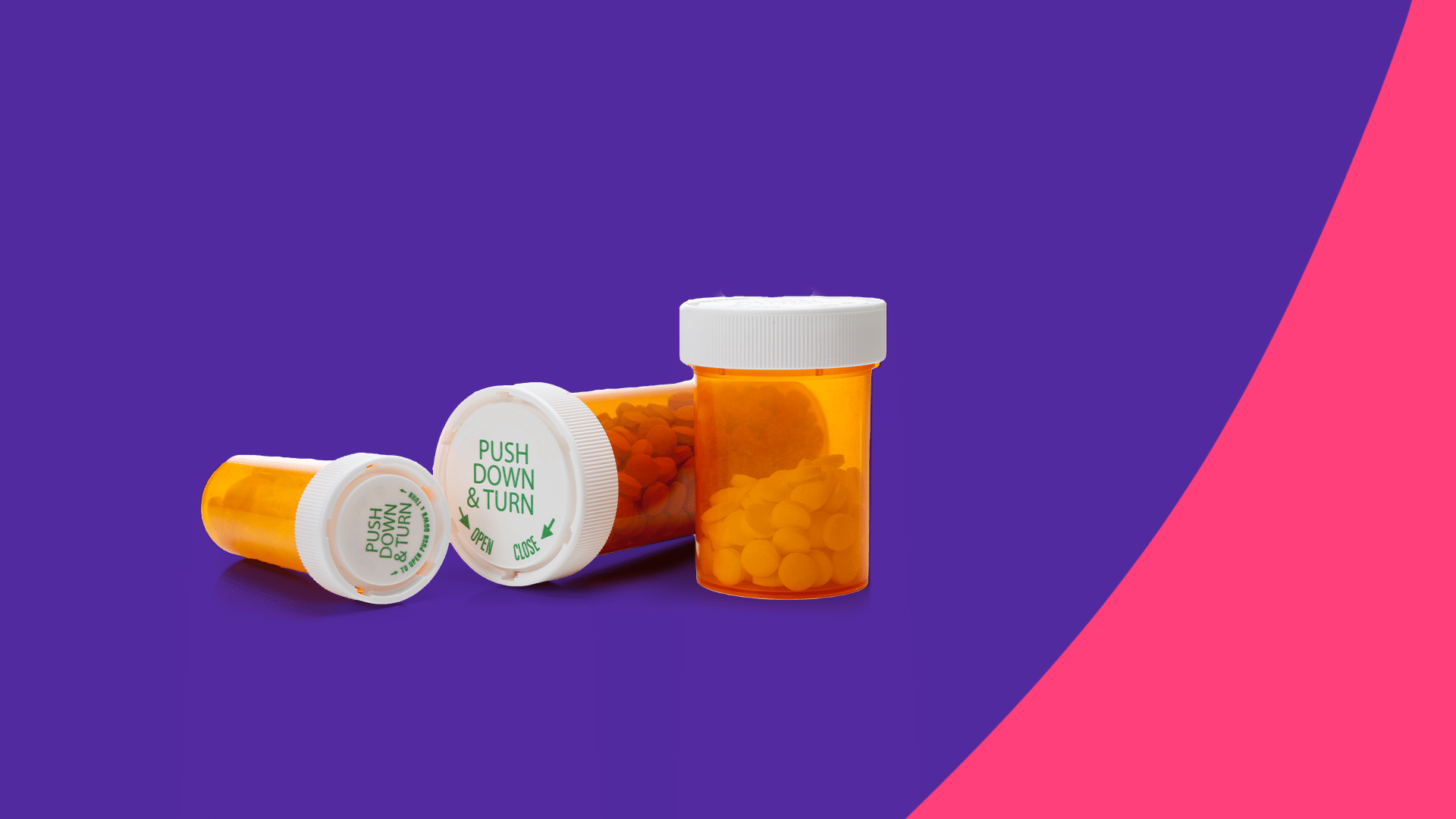Is Eliquis covered by insurance? | How much does Eliquis cost without insurance? | How to get Eliquis without insurance?
Eliquis (apixaban) is a brand-name prescription drug used to prevent or treat blood clots that could develop into severe medical problems. It belongs to the Factor Xa inhibitor class and is prescribed to prevent blood clots and strokes in people with atrial fibrillation (a form of irregular heartbeat), to prevent blood clots after hip or knee replacement surgery, or to prevent or treat blood clots in the veins of the legs and lungs. Most people will be prescribed between 2.5 mg twice daily to 10 mg twice daily. Eliquis treatment may only be taken for a short time but, for some conditions, could continue for as long as needed. As with all drugs that interfere with blood clotting, the most concerning side effects are bleeding problems.
Unfortunately, there is currently no generic version of Eliquis on the market and no over-the-counter alternatives, so patients without insurance may need to pay full retail price for this brand-name medication. There are, however, several ways to save money even on a drug like Eliquis.
RELATED: Eliquis coupon | Eliquis details
Is Eliquis covered by insurance?
Eliquis is covered by most insurance plans including Medicare Part D.
How much does Eliquis cost without insurance?
Eliquis prices will vary based on the pharmacy. The average retail price of Eliquis without insurance is $696 for a 30-day prescription of 60, 5 mg tablets, the dosage prescribed to people with atrial fibrillation or serious blood clots like deep vein thrombosis or pulmonary embolism. That averages to about $46 per day or $23 per tablet. For people with health insurance coverage, copay costs will vary depending on the insurance plan, but out-of-pocket costs are generally lower than the full cash price.
There are alternatives to Eliquis that may be less expensive. Healthcare providers may prescribe lower-cost blood thinners: warfarin, Arixtra (fondaparinux), or Pradaxa (dabigatran). All are FDA-approved for some of the medical conditions that are treated by Eliquis.
| Compare Eliquis prices to other anticoagulants | ||||
|---|---|---|---|---|
| Drug name | Uses | Price without insurance | SingleCare price | Learn more |
| Eliquis (apixaban) | Blood clot prevention in people with atrial fibrillation; surgery; DVT/PE treatment | $696
60, 5 mg tablets |
$458
60, 5 mg tablets |
What is Eliquis? |
| Indirect factor Xa inhibitors | ||||
| Arixtra (fondaparinux sodium) | Blood clot prevention and treatment (atrial fibrillation, surgery, DVT/PE) | $140
Five single-dose 0.5 ml prefilled syringes at 2.5 mg/0.5 ml |
$80
Five single-dose 0.5 ml prefilled syringes at 2.5 mg/0.5 ml |
What is Arixtra? |
| What is fondaparinux sodium? | ||||
| Other anticoagulants | ||||
| Jantoven (warfarin sodium) | Blood clot prevention and treatment (Afib, heart valve replacement, heart attack, DVT/PE) | $21
100, 5 mg tablets |
$1
100, 5 mg tablets |
What is Jantoven? |
| What is warfarin sodium? | ||||
| Pradaxa (dabigatran) | Blood clot prevention and treatment (Afib, surgery, DVT/PE) | $300
60, 150 mg capsules |
$79
60, 150 mg capsules |
What is Pradaxa? |
Prescription drug prices often change. These are the most accurate medication prices at the time of publishing.
How to get Eliquis without insurance
Paying for expensive brand-name medications without insurance is not easy for the average person. Eliquis is no exception. Fortunately, there are alternatives to paying full price for an Eliquis prescription without insurance. Manufacturer coupons and patient assistance programs are sometimes available, but not everyone is eligible for these discounts. Start by asking the prescribing healthcare provider if the manufacturer, Bristol Myers Squibb, offers a manufacturer savings program. Here are, however, some more foolproof ways for Eliquis patients to save money:
1. Use a SingleCare coupon
To save money, an Eliquis coupon from SingleCare reduces the out-of-pocket cost for a 30-day supply from $696 to $458. Check SingleCare.com for a savings card or coupon for a participating pharmacy near you. Coupons can be printed, emailed, or texted to your smartphone.
2. Consider Medicaid
People on Medicaid pay an average of $3 for a 30-day prescription of Eliquis. Half of Medicaid patients pay $0.
3. Shop around
Eliquis prices will vary by pharmacy. Use SingleCare to find the pharmacy with the lowest price. There are lower-cost pharmacies that may offer significant savings, particularly those associated with large retail operations. Online mail-order pharmacies are another great savings option, but make sure the pharmacy is legitimate before placing an order.
4. Ask the prescriber about alternative medications
Ask the prescribing healthcare provider for medical advice about less expensive prescription medications. Other direct factor Xa inhibitors such as Xarelto (apixaban) are also expensive, but you may be able to take less expensive medications such as warfarin.
5. Talk to county or city health officials
County and municipal health departments may be able to help people find resources or lower-priced medications. They can direct people to community health clinics that may offer lower-cost or free medications. They can also direct eligible patients to free or low-cost health insurance programs. These clinics and health insurance programs will have eligibility requirements. Some of these programs cover only major medical problems, some serve only children or people with low income, but all of them are worth knowing about.
6. Consider health insurance
Unfortunately, many of the medical conditions treated by Eliquis involve long-term complications and risks. In cases like that, it’s a good idea to explore health insurance options. It’s often more affordable than people think. Start with the online healthcare insurance marketplace to explore options and prices.











